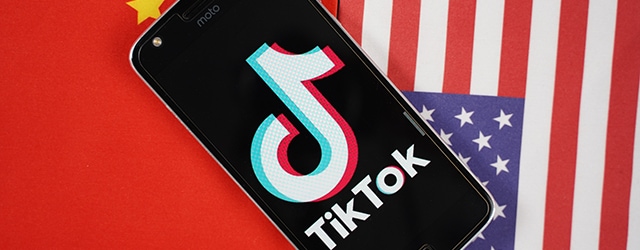TikTok’s future depends largely on the outcome of the tug-of-war between US and Chinese governments.

Since President Trump’s TikTok ban in early August, as well as Beijing’s regulation in the same month prohibiting artificial-intelligence technology transfer, TikTok’s future depends largely on the outcome of the tug-of-war between US and Chinese governments.
Microsoft had been the favorite to acquire TikTok’s operations in the US and two other countries, until its proposal was rejected by US authorities in favor of an acquisition of TikTok’s US operations by Oracle and Walmart.
The new deal would create a spin-off entity called TikTok Global, with its US user data to be hosted on Oracle servers in the US, while TikTok’s core algorithms would remain with its Chinese parent company, ByteDance. The new company’s governance structure calls for US citizens in four out of five board seats. ByteDance is already 40% owned by US venture capital firms.
When the Trump administration offered its tentative approval for the arrangement, Beijing responded by denouncing the proposed deal on national security grounds.



